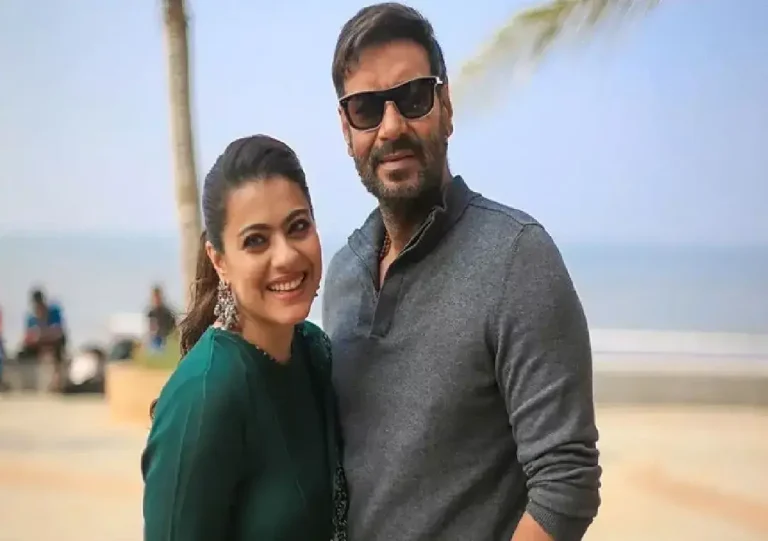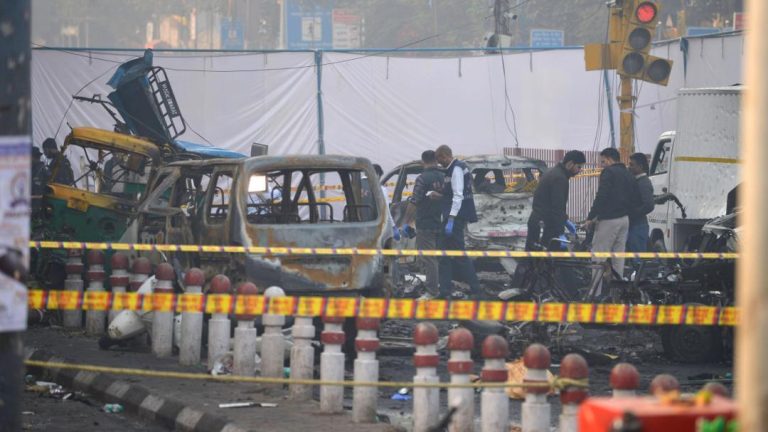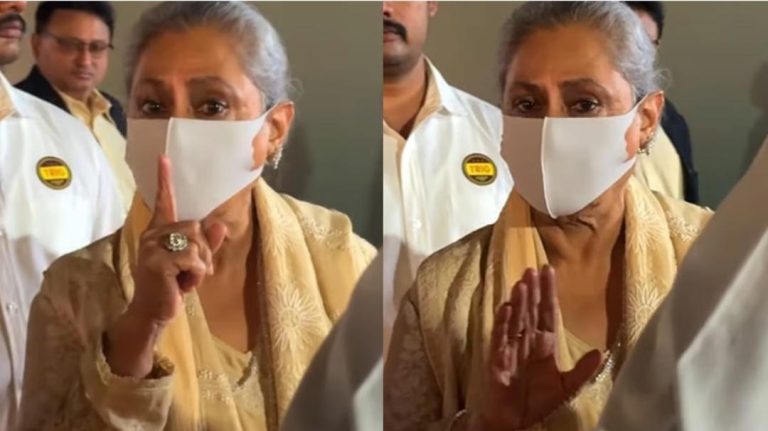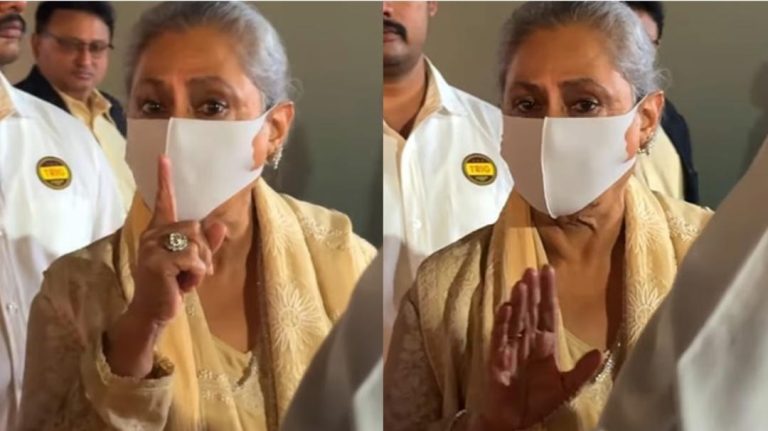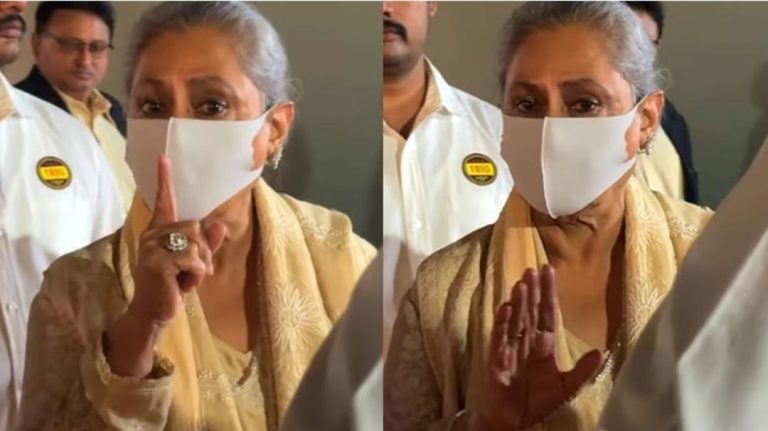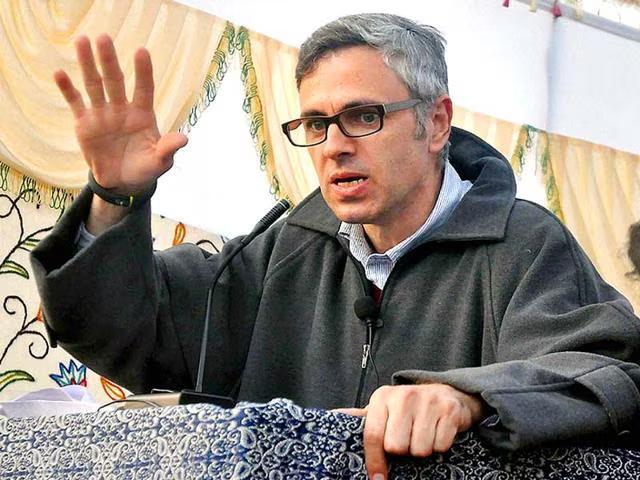
Title: US Doesn’t Care About Any Other Country: J&K CM Omar After Trump-Pak Army Chief Lunch
In a candid statement, Jammu and Kashmir Chief Minister Omar Abdullah has expressed his disappointment and frustration over US President Donald Trump hosting Pakistan Army Chief General Asim Munir for lunch. The event has sparked a fresh controversy, with many questioning the timing and implications of the meeting.
Omar Abdullah, a former Union Minister and the National Conference leader, has lashed out at the US President’s decision, saying that the US does not care about any other country’s interests or feelings. “We can’t dictate to the US President whom he should invite for dinner…We used to think the US President was our close friend, and he’d respect that, but the US does what benefits them, they don’t care about any other country,” he stated.
The statement comes as a surprise, given the historical Indo-US relations and the country’s reputation as a strategic partner of India. However, Abdullah’s comments reflect the growing unease and discontent among many Indians over the US’s perceived bias towards Pakistan.
The meeting between Trump and General Munir took place at the White House on Wednesday, amidst rising tensions between India and Pakistan over the Kashmir issue. The event has been seen as a diplomatic blow to India, which has been seeking to isolate Pakistan internationally for its alleged support to terrorist groups operating in the region.
Abdullah’s comments have sparked a heated debate on social media, with many expressing their disappointment and frustration over the US’s decision. “This is a clear message that the US has no regard for India’s sovereignty and security,” tweeted a user.
Others have questioned the timing of the meeting, given the ongoing tensions between India and Pakistan. “When was the last time the US President hosted the Army Chief of a country at war with India?” asked another user.
The meeting has also raised concerns over the US’s commitment to combating terrorism in the region. Pakistan has long been accused of providing safe havens to terrorist groups, including the Lashkar-e-Taiba and the Jaish-e-Mohammed, which have been responsible for several attacks in India.
The US has historically been critical of Pakistan’s role in supporting these groups, but the meeting between Trump and General Munir has sparked concerns that the US is willing to overlook these concerns in the interest of maintaining good relations with Pakistan.
In a statement, the US State Department had said that the meeting was part of the US’s efforts to promote regional stability and dialogue. “The President and General Munir discussed the importance of reducing tensions and promoting peace and stability in the region,” said a spokesperson.
However, Abdullah’s comments suggest that the meeting has not gone down well with many in India. “We have always believed that the US is a friend of India, but this meeting has shown that they are willing to compromise on our security and sovereignty,” he said.
The meeting has also sparked concerns over the implications for India’s relations with the US. While India and the US have a strong bilateral relationship, the meeting has raised questions over the US’s commitment to supporting India’s security interests.
In recent years, India and the US have signed several key agreements, including a logistics exchange memorandum of agreement and a communication compatibility and security agreement. However, the meeting between Trump and General Munir has sparked concerns that these agreements may not be as strong as they seem.
As the controversy continues to simmer, it remains to be seen how India will respond to the US’s decision. While Abdullah’s comments reflect the growing unease among many Indians, it is unclear whether the Indian government will take any concrete action in response to the meeting.
One thing is certain, however – the meeting between Trump and General Munir has sparked a fresh debate over the US’s role in the region and its commitment to supporting India’s security interests. As the situation continues to unfold, it will be interesting to see how the US responds to the growing criticism and whether India is willing to take a stand in defense of its interests.
